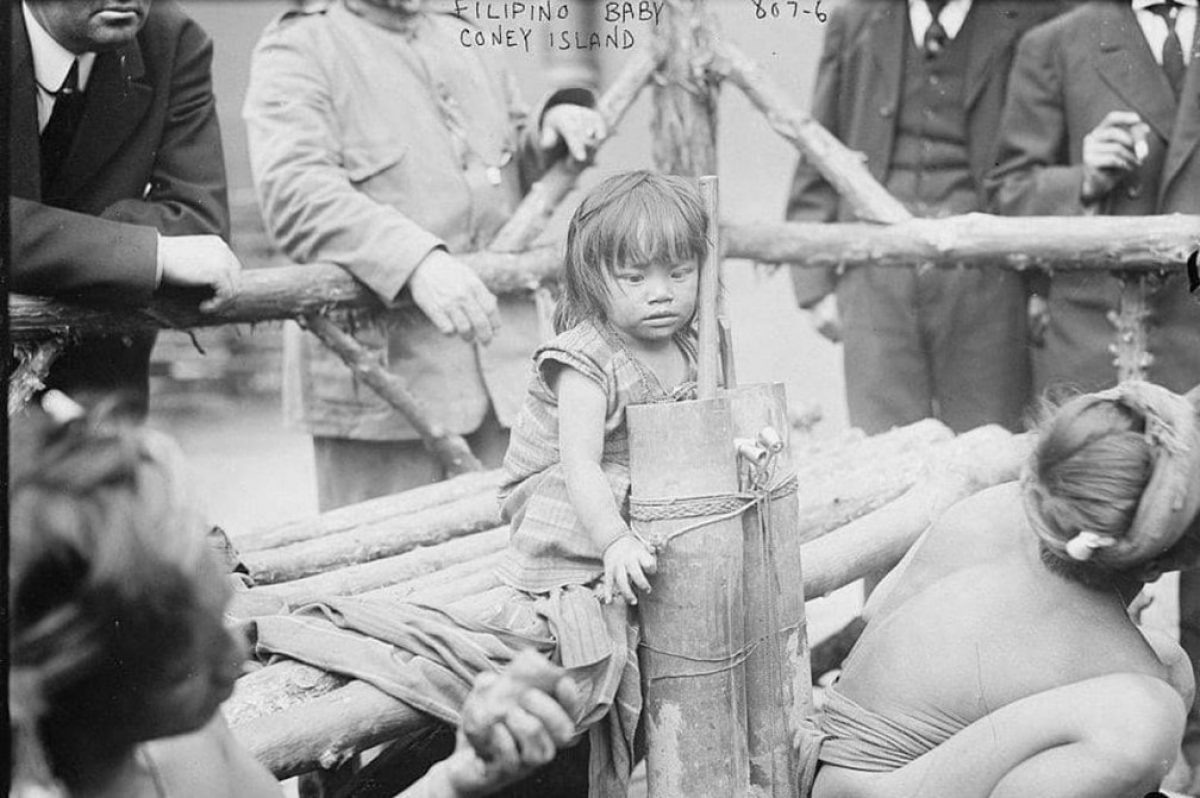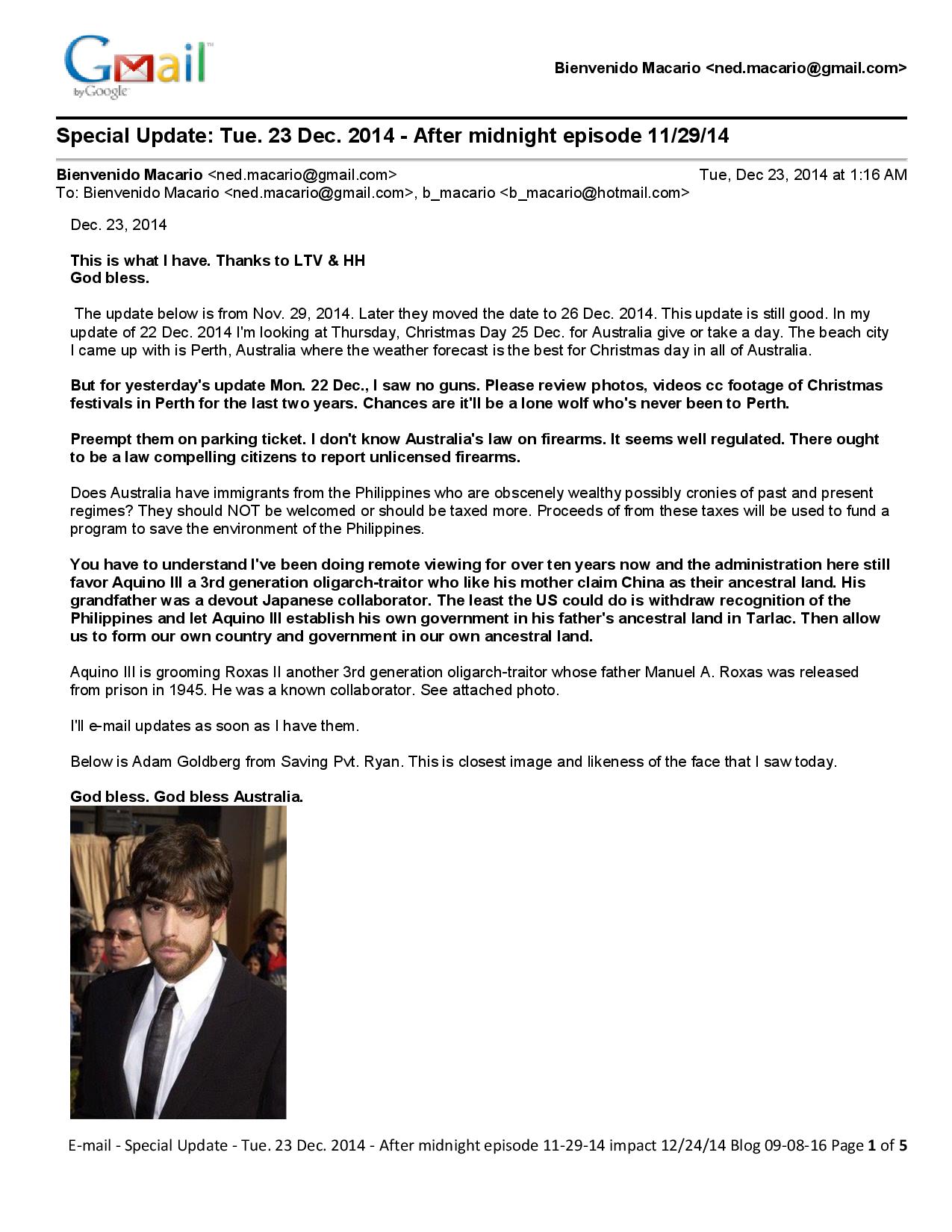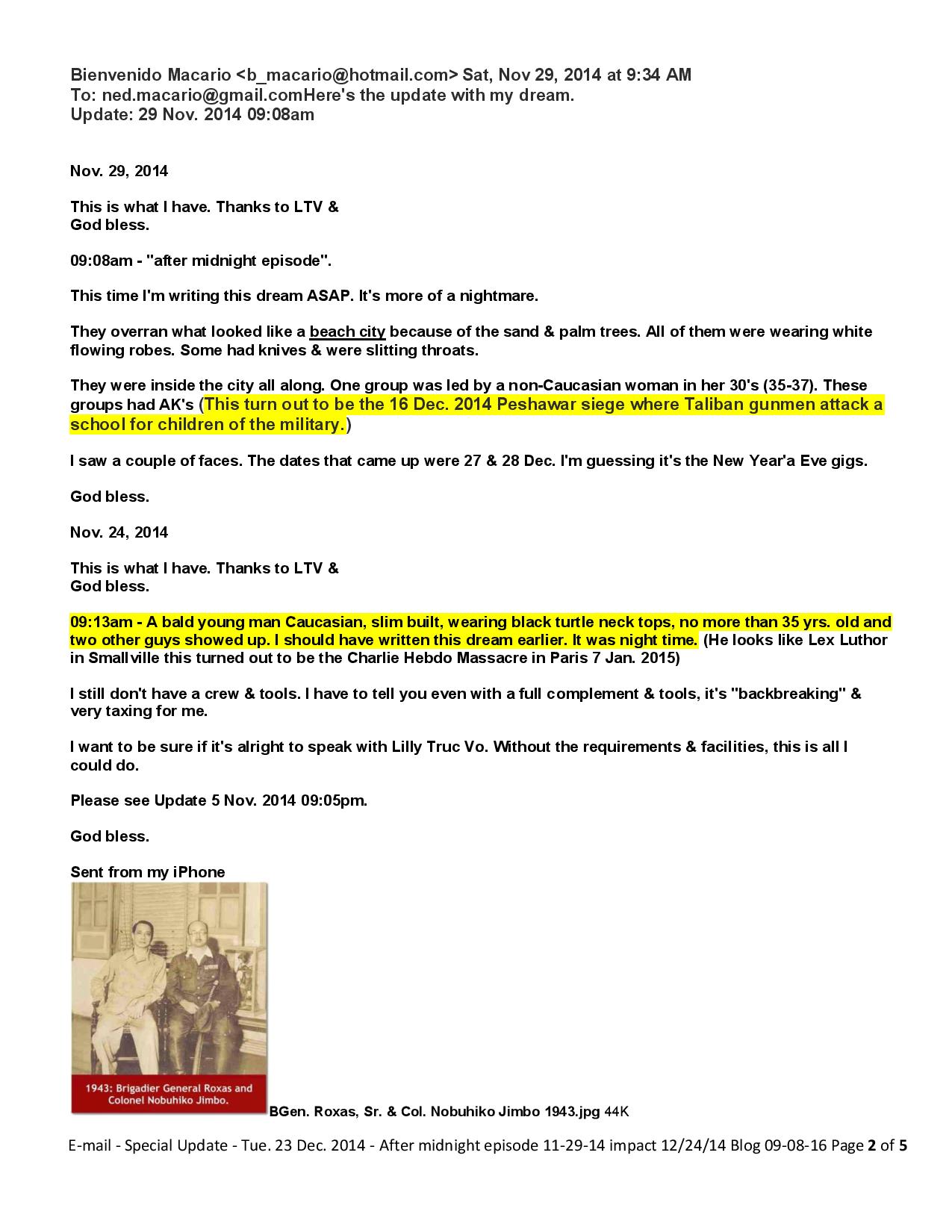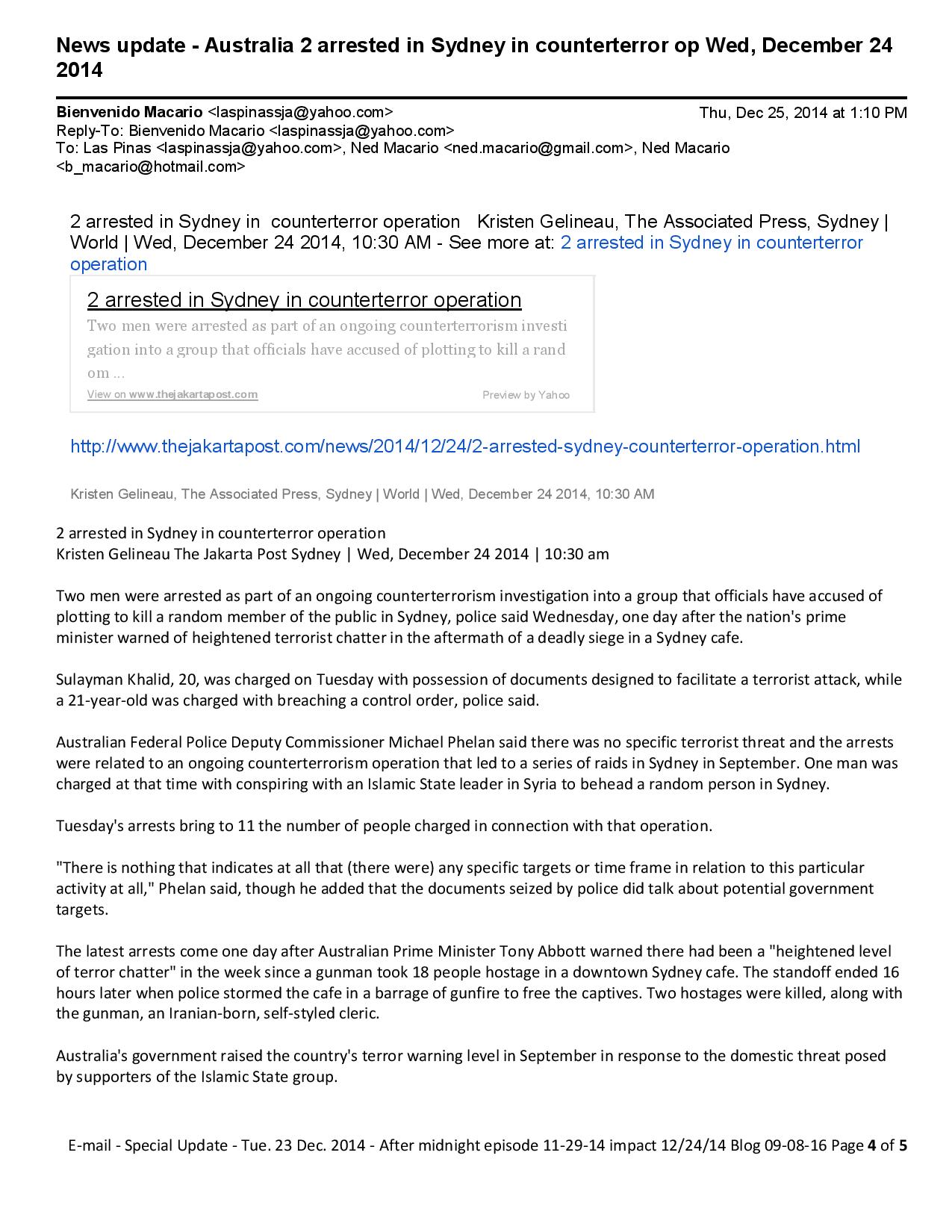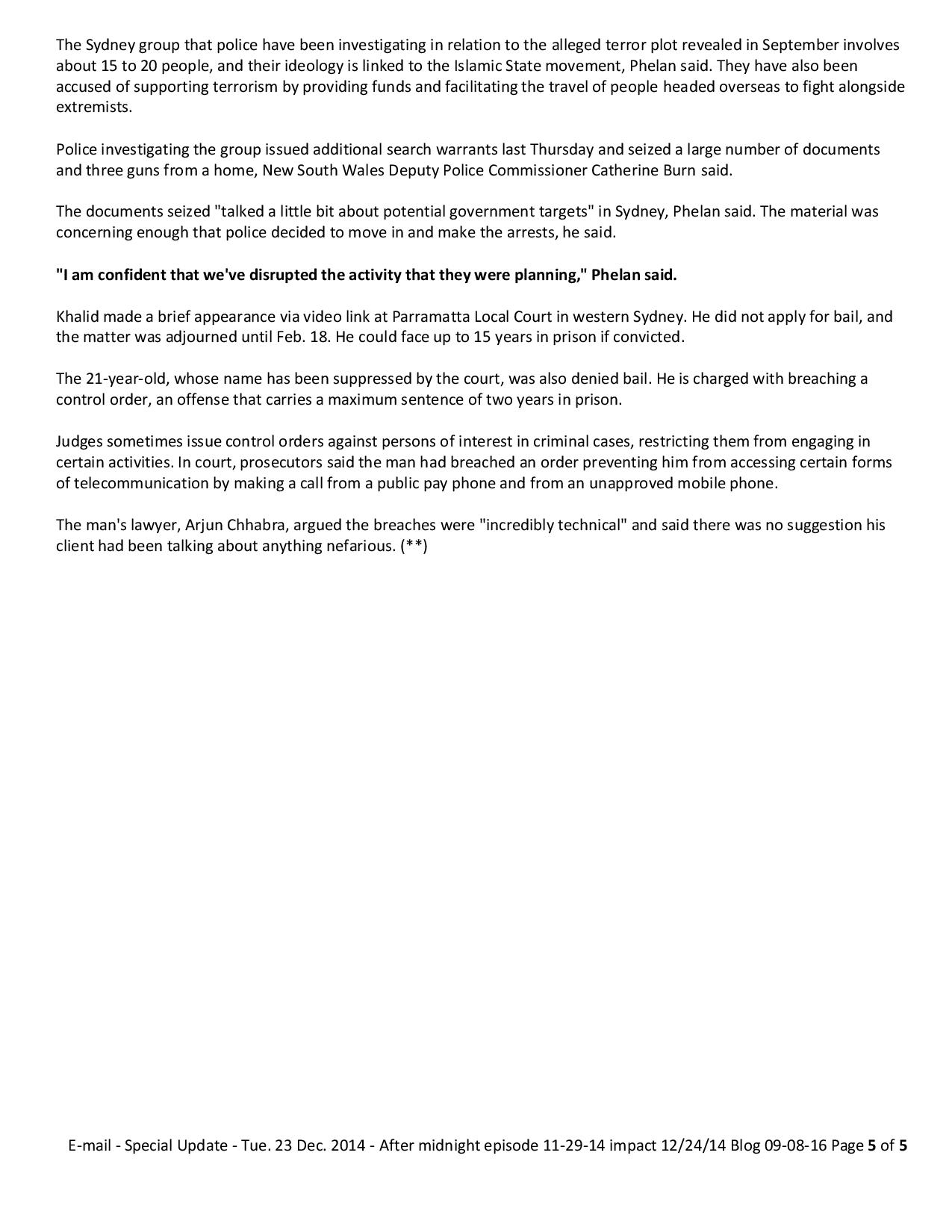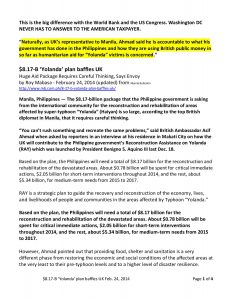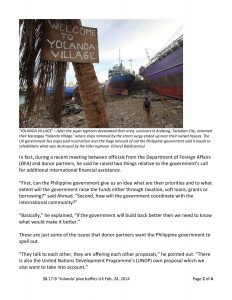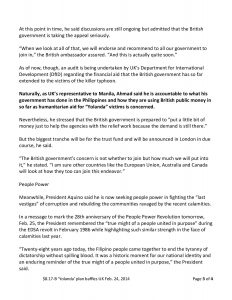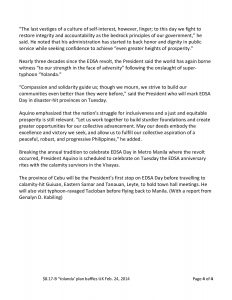A very special thank you to the 11th Airborne Division, 8th U.S. Army, the Greatest Liberators of WWII.
Author: admin
1st Lt. Alexander R. Nininger, Jr. the first American soldier to win the Congressional Medal of Honor in WWII
1st Lt. Alexander R. Nininger, Jr. (Aged 23) “A” Co. 57th Infantry, Philippine Scouts, US Army, was the first American soldier to win the Congressional Medal of Honor in WWII.
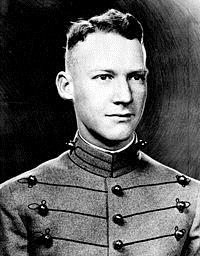
Alexander R. Nininger, Jr. 1941
Cullum No. 12317 • Jan 12, 1942 •(Aged 23) Died in Bataan, Philippines
Alexander Ramsey Nininger, Jr., 1st Lieutenant, 57th Inf. Philippine Scouts, United States Army, was posthumously awarded the Congressional Medal of Honor (the first of World War II) for “Gallantry and Intrepidity above and beyond the call of duty” In that most memorable and heroic battle of Bataan.
“Sandy” as he was always called, was born in Atlanta, Georgia, October 30, 1918, the son of Mr. and Mrs. A. R. Nininger. As a small child he spent some time at his Mother’s old family home in Central Valley, New York. It was there in that little town, just across the hills from West Point, that he received the first inspirations which moulded his character and shaped his destiny; the story of God and his ever presence—the story of the Statue ot Liberty (which he had viewed with wonder) and all it stood for—the story of his grandfather, Captain A. R. Nininger of the old 28th U.S. Infantry, who fought the Indians In the West, back In the ’70s—the story of his great grand uncle Alexander Ramsey, a pioneer of the West, first Governor of Minnesota, and Secretary of War during the administration of President Hayes, and known to the Indians as “the great peace maker”. And then—one day a company of cadets from West Point, on a hike, marched past the house. He waved to them and cheered, and watched them out of sight. He wanted to know all about those boys in grey.
Then and there his mind was made up to go to West Point.
His family moved to Florida in 1926 and Anally established a home in Fort Lauderdale, where he went through grammar school and high school, graduating in June 1937.
His determination to go to West Point had never wavered. He received his appointment from Congressman Mark Wilcox, after taking a competitive examination, and entered the United States Military Academy on July 1st, 1937.
Sandy was a boy of quiet gentle disposition, deeply interested in his studies, and with a strong natural sense of duty. When an older friend said to him once “Sandy why do you want to be a soldier—you are so gentle—you could not hate and kill people could you?” He replied in his quiet manner, “I would not kill out of hate, but I would kill out of love for my country”.
He loved all the fine beautiful things in life—art, literature, classical music. He was fond of athletics, especially football, baseball and tennis. He played football at high school, and at West Point he played on his company team.
Always showing a great interest in the welfare of his comrades, he was very active in any movement which helped and encouraged them. He was one of the guiding organizers of The Dad’s Club, at high school—an organization composed of the fathers of the students, for the purpose of aiding the students in athletics, and also to finance the college educations for those who were deserving of such aid, and whose families were unable to bear the expense. This organization is still active and sending boys to college each year. Sandy was also a charter member of the Key Club, composed ot school students, and sponsored by the Kiwanis Clulb—their object being to help each other.
During all the time he was at West Point, he kept in touch with these organizations and all his friends.
One year he did not come home for Christmas, saying that he had certain duties to attend to. It was not until after his death that his parents learned that he had aided a school friend to pay his tuition at a theological college.
His love for his parents was expressed in so many ways. A letter to his father is quoted here, which he sent on his father’s birthday:
West Point, N.Y., October 18, 1938.
“Dear Dad;
“Today I am writing this for you especially because it is your birthday. You see I have not forgotten it. Yet there is nothing I can send you but my thoughts and my love, which you already have. Tonight I am thinking of your birthdays as we have held them together before, and as we will again. We are together in the quiet and comfort of the living room. Mother sitting in her chair and you in yours, smoking a cigar and smiling your ‘prosperous’ smile. I see in your two faces all the love that we have for one another, expressing the happiness of the home that you have made possible for us. I have always enjoyed your birthday so much because there is always such a happy atmosphere about it. You appreciate so much the little things we are able to do for you, as though you knew how much there is we would like to do.
“In the past even the little presents I gave you were bought with your money. At least that will be changed next time—not that money is important, but it will symbolize that turn in my life when I will begin to give a little return on the investment of work and love that you have put into me. Even then I will owe my position to you. Let my present then be a promise that I will not disappoint you.
“Happy birthday Dad,
“Sandy”
During his last year at West Point he was chairman of the Lecture Committee, which he thoroughly enjoyed, and did much to brighten the lecture periods by introducing a variety of entertainments which included the first presentation at the Academy of a Broadway show. When he secured permission to do this, he succeeded in engaging the New York current hit “Arsenic And Old Lace” with Boris Karloff and the entire Broadway cast.
This proved to be a great success, and instituted a Broadway show as an annual event at the Academy.
He graduated near the top of his class, and was commissioned 2nd Lieutenant of Infantry. He asked for service in the Philippines, which request was granted.
During a short furlough at home, he called on Congressman Mark Wilcox, and when the Congressman said, “Sandy why did you choose the Philippines as your first assignment?” Sandy answered “Because I feel that I can serve my country best over there”.
He then spent a few weeks at the Infantry School at Fort Benning, Georgia. His orders to sail for the Philippines came sooner than expected and he only had time to spend three days at home with his parents. When they bade him goodbye, his Mother said to him “Sandy suppose the war in Europe brings this country into it.” He took his Mother in his arms and said, “Remember, you are the mother of a soldier”.
Only a few letters passed between Sandy and his parents after he arrived in the Philippines, for he had only been there a short time when the Japanese attacked. The last word they received from him was a radiogram sent on December 19th, 1941, and picked up by an amateur station in San Diego, California. The message said “Well, Merry Christmas, Sandy”.
The story of Sandy’s heroic action on Bataan, not detailed in the citation, was assembled from letters and personal interviews with his parents by Col. George S. Clarke, commander of the 57th Infantry, Maj. Fred J. Yeager, Maj. Harold M. Imerman (Medical Corps) and Capt. William P. Cain—all of the 57th Inf. and close friends of Sandy. The last three had been confined in Japanese prison camps for three and a half years. Capt. Cain who was one of the survivors of a Japanese prison ship disaster, called on Sandy’s parents after he had been released from a hospital, and brought them a message of love from Sandy, according to the promise he had made just before Sandy had set out on his fateful mission. This brought to mind what Col. Freeman W. Bowley had said in making the address at the dedication of Nininger Park at Fort Knox, on July 26, 1942. In describing Sandy’s heroic action he said “…That he knew full well what the outcome would be, no man can doubt”
Quoting from a letter from Col. Clarke, dated February 20, 1944, after describing the defense position as established on Bataan near Abucay by the 57th Inf., and the fierce attacks by the Japs on this vital sector, how Sandy and his men had cleared a firing range which enabled them to repulse Jap attacks night after night, “…His enthusiasm and delight in my praise of his efforts were contagious. At that time his attitude struck me as a soldier who at last was doing the job he had been trained to do…Then the news on the morning of January 12th that our lines as described above in Co. K’s sector were ruptured and that more Japanese snipers had infiltrated into our position…Sandy received permission to go forward in the 3d Bn, sector. He was loaded down with grenades and with a Garand rifle slung over his shoulder. He carried under his arm a Japanese ‘tommy gun’…Many reports of his action, and the action for which I recommended him for the Congressional Medal of Honor, were reported to me by the company commanders of ‘L’ and ‘M’ companies as well as other corroborated reports from men in Co. ‘K’. Sandy shot his first Jap out of a tree, and as the body fell at his feet he was so excited he stood up in the face of terrific rifle fire and yelled like a school boy…he threw grenade after grenade. Men of Co. ‘K’ counted twenty Japs killed by his grenades. Our counter attack was succeeding, and their artillery laid down a fearful barrage. Many reports of further action by Sandy were made by the second in command of the 2nd Bn. making the counter attack to regain Co. ‘K’s’ position. Sandy apparently had used up all his ammunition and was now using his bayonet…His final action as described by this same officer, was when he saw Sandy wounded again, and when he seemed to be staggering from loss of blood, three Japs charged toward him with bayonets. He killed all three of them, and apparently fell from exhaustion and weakness…I can not tell you how many of the enemy Sandy accounted for, but this I will say; his personal actions at this particular time cannot possibly be evaluated. Suffice it to say his action acted like a tonic on the men around him, and added greatly to the success of our counter attack”. Then he described Sandy’s funeral services and burial in the church yard at Abucay. He told of Sandy’s promotion to First Lieutenant on December 19th, 1941. Then in conclusion, “…From the time he joined my regiment until the day he gave his life for his country, he was an outstanding offlcer in every respect. He exemplified ‘Duty, Honor, Country’, and reflected great credit on his regiment, his Alma Mater, the Army and his Country”.
The following quotation is made from a letter to Sandy’s parents from Maj. F. J. Yeager, dated December 7, 1945, who was captain of Co. “A”, Sandy’s company: “…Your son’s character was faultless. Never have I met anyone who could bear the hardships of war more cheerfully. Never have I encountered one whose attention to duty was greater, or whose performance of tasks assigned was better…He wanted to be regarded above all other considerations, as a man fulfilling West Point’s guiding motto; Duty, Honor, Country. In the evenings Alex and I would usually reminisce about old times—of all his cadet activities the one he must have enjoyed more than all the others, was the Lecture Committee. He used to tell me of the various celebrities who came to speak at West Point—of his meeting with them—of his impressions of them. To meet and know about people seemed to be one of his underlying pleasures”. Then speaking of the defense positions on Bataan, “Thanks to the invaluable assistance and wonderful suggestions of Alex, we made our company position so strong that the Nips, after a night offensive directed at our sector, were repulsed”. Then telling of the break through of the line on the left, “…The whole defense position of all units then fighting on Bataan would have been made to collapse, unless prompt measures were taken to locate he exact position of the enemy, and the strength of the Nips, so that immediate measures could be taken to eliminate them.
“It was at this most crucial time, that Alex came to me and said ‘Fred I know of a good approach (an irrigation ditch) that leads into the area. Give me ten good men and I’ll try to pick up enough information so that we can figure out a plan of counter attack…What happened is aptly expressed in his citation. But as a result of the findings of his patrol, a counter attack was made which restored our original line, and made possible the prolongation of the Bataan campaign by months. It is my honest opinion, that had not this counter attack, based on the findings of Alex, been made successfully, the entire Bataan campaign would have ended in January instead of three months later. These three months, I believe, saved Australia and enabled us to end the war many months before it otherwise would have. In my own mind, your son will always be a shining example of what an officer and man should be. He was the most fearless and most courageous officer or soldier I have ever seen”.
Sandy never knew fear. When a child of only five years, one night he went upstairs in the dark. Someone said “Sandy it’s dark up there, aren’t you afraid?” He called back, “I’m not afraid—God is with me.”
And he carried this thought with him always.
Among the hundreds of letters received by Sandy’s parents, following the announcement of his death, none are more highly treasured than those written by the officers and professors of the United States Military Academy; Maj. Gen. F. B. Wilby, Col. O. J. Gatchell. Col. C. L. Fenton, and from Maj. Leslie H. Wyman, for the Association of Graduates. Also many from his classmates and comrades. A letter from Manuel L. Quezon, dated Washington, May 4th, 1943 said, “My people, Mr. Nininger, will never forget your son”. Beautiful letters from Dr. Elliott C. Cuttler of Harvard University, and from Dr. William Lyon Phelps of Yale University, both of whom had known Sandy. Another letter from Dr. Phelps was published February 3, 1942, in the New York Times, telling of his meeting Sandy at West Point “…I have seen thousands of splendid young men, but I shall never forget him. I shall always feel his good influence.”
And as Sandy marches on, the good influence which he left with all of us must bear fruit in the cultivation of a peaceful world.
His greatest desire and joy, was to help his comrades—his people—his country—no matter what the cost.
And he succeeded.
—His Father
$8.17-B ‘Yolanda’ plan baffles UK; The World Bank & the US Congress Are Never Held Accountable.
Note: This article from Manila Bullentin is no longer available in their website. This is a reproduction from the original.
This is the big difference with the World Bank and the US Congress. Washington DC NEVER HAS TO ANSWER TO THE AMERICAN TAXPAYER.
Excerpt: “Naturally, as UK’s representative to Manila, Ahmad said he is accountable to what his government has done in the Philippines and how they are using British public money in so far as humanitarian aid for “Yolanda” victims is concerned.”
$8.17-B ‘Yolanda’ plan baffles UK
Huge Aid Package Requires Careful Thinking, Says Envoy
by Roy Mabasa – February 24, 2014 (updated) from Manila Bullentin
http://www.mb.com.ph/8-17-b-yolanda-plan-baffles-uk/
Manila, Philippines — The $8.17-billion package that the Philippine government is asking from the international community for the reconstruction and rehabilitation of areas affected by super-typhoon “Yolanda” (Haiyan) is so large, according to the top British diplomat in Manila, that it requires careful thinking.
“You can’t rush something and recreate the same problems,” said British Ambassador Asif Ahmad when asked by reporters in an interview at his residence in Makati City on how the UK will contribute to the Philippine government’s Reconstruction Assistance on Yolanda (RAY) which was launched by President Benigno S. Aquino III last Dec. 18.
Based on the plan, the Philippines will need a total of $8.17 billion for the reconstruction and rehabilitation of the devastated areas. About $0.78 billion will be spent for critical immediate actions, $2.05 billion for short-term interventions throughout 2014, and the rest, about $5.34 billion, for medium-term needs from 2015 to 2017.
